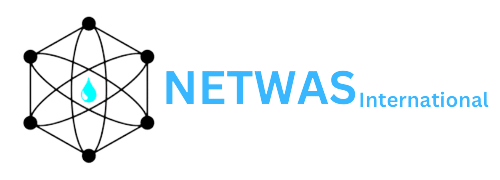
NTS007: Addressing Challenges of Water Supply, Sanitation and Hygiene (WASH) for the Informal Urban Settlements
- Duration: 2 Weeks
- Date: See Scheduled Training Program - NTS007
- Venue: Nairobi, Kenya
About the Course
Africa is urbanizing rapidly, at a rate of 3 – 5% per year, which implies that in about 20 years, about 70% of Africa’s population will be living in the urban centres. The reason for this growth is mainly rural-urban migration in search of employment and better living conditions. Unable to find sustainable jobs in the urban areas, most of the new immigrants end up in unplanned settlements. At least 50% of the urban population in Africa lives in unplanned settlements. These people generally have low disposable income, living on less than US$ 1 per day. Poor provision of such essential services as water supply, sanitation, hygiene, health and education exacerbates the plight of the poor. As a result of the inadequate water supply, poor sanitation and hygiene, there is a high prevalence of water washed and water related diseases in the informal urban settlements. Water utilities (including small to medium size water service providers) in Africa and other developing countries, find it increasingly difficult to provide adequate WASH services to the informal settlements. This course focuses on improving water supply, sanitation and hygiene for the growing population in the informal urban settlements.
Key entry points for pro-poor strategies will be discussed, including: (i) pro-poor tariffs and financing mechanisms for service improvement; (ii) institutional arrangements to improve services to the informal urban settlements; (iii) pro-poor transaction design (including regulation and monitoring); (iv) Community-Utility partnership models for enhanced service delivery; (v) advocacy and communications regarding the informal urban settlements; and (vi) consumer voice and civil society engagement. The course will also address Water Demand Management (WDM), Non-Revenue Water (NRW) and customer care.
Objectives
- To share lessons learned and best practices in providing water, sanitation and hygiene to the informal urban settlements in developing countries;
- To develop skills for working with partners, including communities and local organizations, in improving water supply, sanitation and hygiene;
- To share knowledge on pro-poor and gender-balanced water supply, sanitation and hygiene policies with a focus on serving the informal urban settlements;
- To share community-utility partnership model for WASH services delivery
Who can benefit from this course?
This course is designed for managers and program officers in Non-Governmental Organizations (NGOs), UN Agencies and Water Service Providers (WSPs); and CBO leaders.
